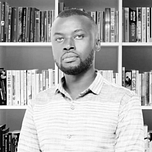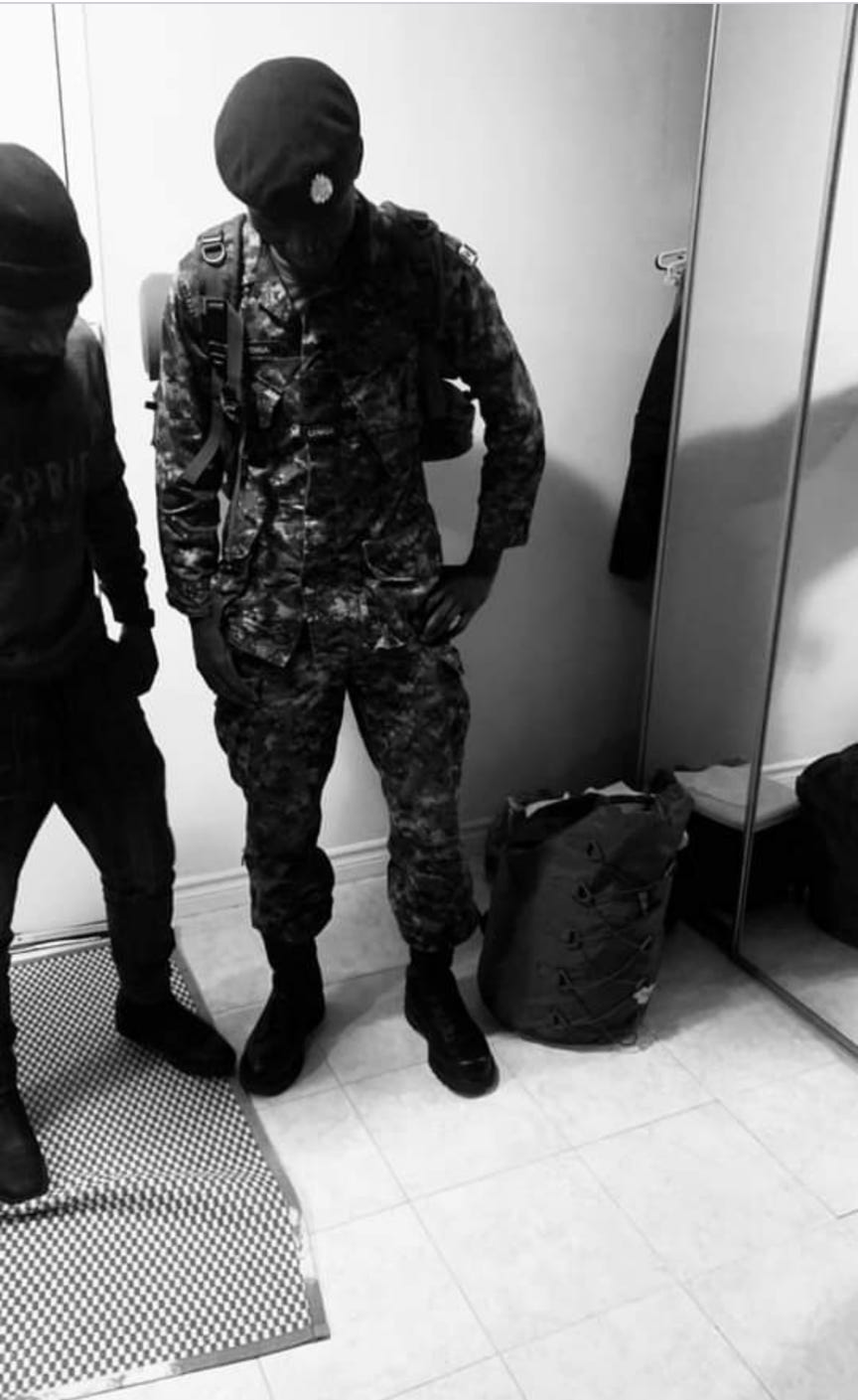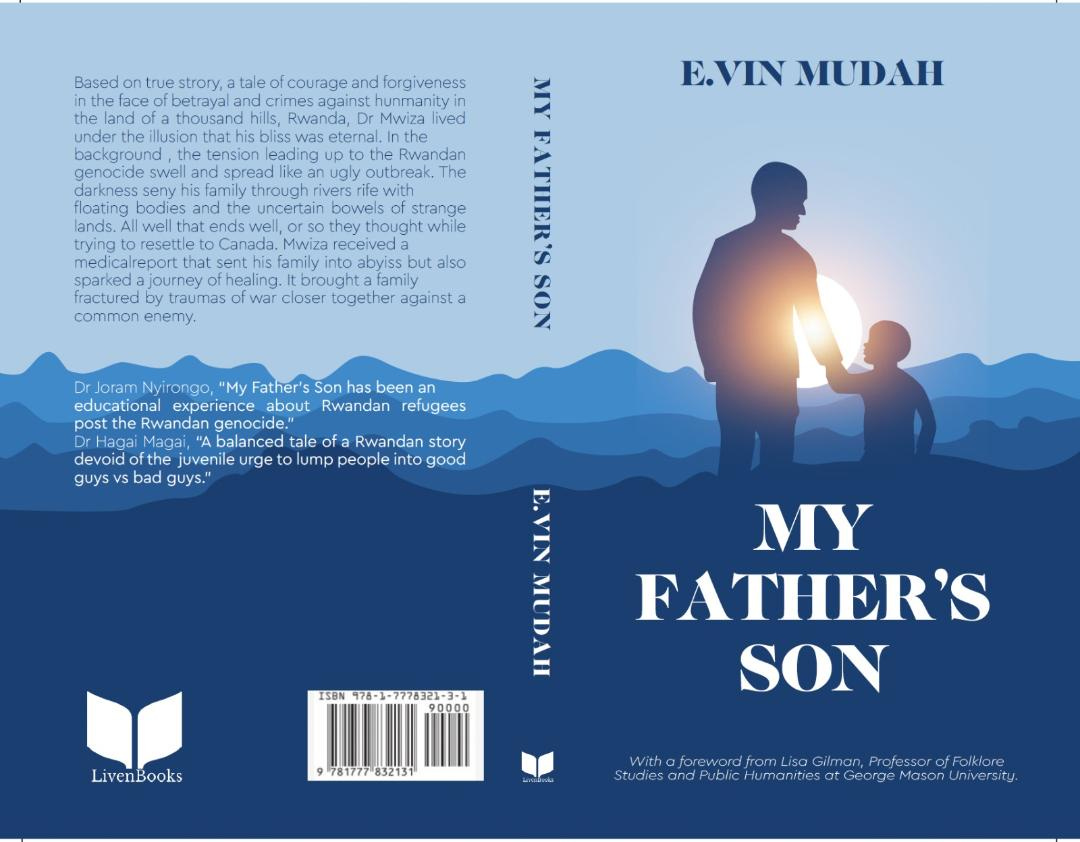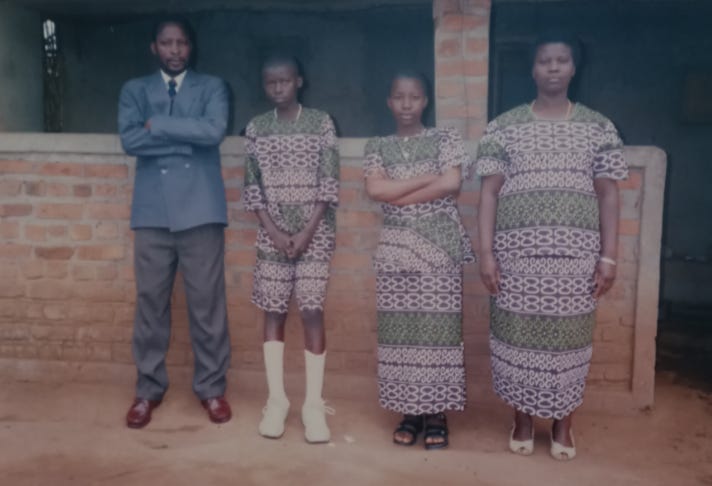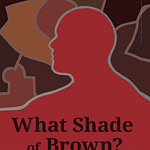Emmanuel Mudakenga Credit: Emmanuel Mudakenga
Until the age of eleven, Emmannuel Mudakenga’s (Mudah) life was interrupted by unimaginable acts of violence.
As an infant, there was the Rwandan genocide. Then, in 1997, Tanzania forced all Rwandan refugees to repatriate. That exodus led to hundreds of refugee deaths.
It wasn’t until Mudah’s surviving family settled in Malawi in 2001 that he received a formal education. Yet, Mudah managed to squeeze 12 years of education into eight years graduating in 2009 among the top ten best students in the nation.
Mudah received the best science student award along with a scholarship to the University of Toronto where he studied Economics and International Relations completing a four-year program in three years with distinction.
Mudah then completed a two-year Master of Economics at McGill University in a single year.
Of course, after that, Mudah became a mail carrier and served in the Canadian Armed Forces Reserve.
Canadian Armed Forces Reserve Emmanuel Mudakenga Credit: Emmanuel Mudakenga
Recently, Mudah authored his first book My Father’s Son (May 2023) published by LivenBooks.
Book cover of My Father’s Son by Emmanuel Mudakenga Credit: Emmanuel Mudakenga
During our impactful conversation, Mudah and I discuss how the Rwandan genocide started and how that influenced his father who lived under the illusion that his bliss was eternal. Unfortunately, that turned out not to be his reality.
We also discuss why Mudah’s family had to flee to Tanzania, a journey that included seeing rivers filled with bodies. They were then forced to leave Tanzania travelling on buses with soldiers who were on the look out for Tanzanian refugees seeking asylum in Malawi. Eventually, Mudah and his surviving family members made the journey to Canada.
Despite the horrible external circumstances that surrounded Mudah, he grew up in a stable two-parent household. Perhaps because his father was a professor and his mother a primary school teacher.
Left to right Emmanuel Mudakenga’s father, Emmanuel, his sister Sandrine and his mother Credit: Emmanuel Mudakenga
During the recent US election, Donald Trump claimed that Haitian immigrants were eating dogs, stealing jobs, and causing the housing crisis. Trump also vowed to come down hard on refugees and asylum seekers blaming them for stealing jobs, impacting housing and voting illegally. None of these claims were substantiated by Trump or his party.
Ontarians will probably be voting both provincially and federally quite soon, and while neither Doug Ford nor Pierre Poilievre has said immigrants are eating dogs, they have claimed that refugees, asylum seekers, immigrants and migrant workers are stealing good jobs, causing the housing crisis and over burdening the healthcare system. And, Ford recently accused immigrants for an increase in violent crimes without facts to back up that claim and when credible research doesn’t support Ford’s allegations.
Research has proven that the targeting of refugees, asylum seekers, immigrants and migrant workers in this way leads to increased discrimination, increased hate crimes and lower scores on quality of life indicators.
Mudah and I discuss why refugees are the perfect political scapegoat for what ails Ontario and Canada when we know the truth is that neoliberal policies; a decline in unionization and quite frankly, corporate power and greed have driven wages down and housing prices up while redirecting public funds to private hospitals, clinics, labs and nursing agencies has decimated universal public healthcare.
We also discuss how diversity, equity and inclusion (DEI) admissions and hiring was intended to promote the fair treatment and full participation of all folks within a society, but particularly folks who have been underrepresented or subjected to discrimination because of their race, class, gender, abilities, appearance and/or religion.
DEI should be integrated into workplace hiring in all settings, but particularly in business, education at the management level and throughout the trades – all sectors that predominantly hire and reward white men.
Unfortunately, Mudah believes that DEI hire has become the new N-word.
While Mudah excelled in economics and helped peers secure careers with commercial banks and the government, he chose to became a mail carrier and to serve in the Canadian Armed Forces reserve. So, of course, we discuss those choices.
We also discuss what Small Change listeners can expect in the future from this brilliant Canadian.
Thanks to everyone who read today’s article and listened to my podcast. With your continued support, a little Nicoll can make a lot of change.
Music: Real Estate by UNIVERSFIELD is licensed under a Attribution 4.0 International License. freemusicarchive.org.
*Be sure to download the Substack app to get the most from your podcast
